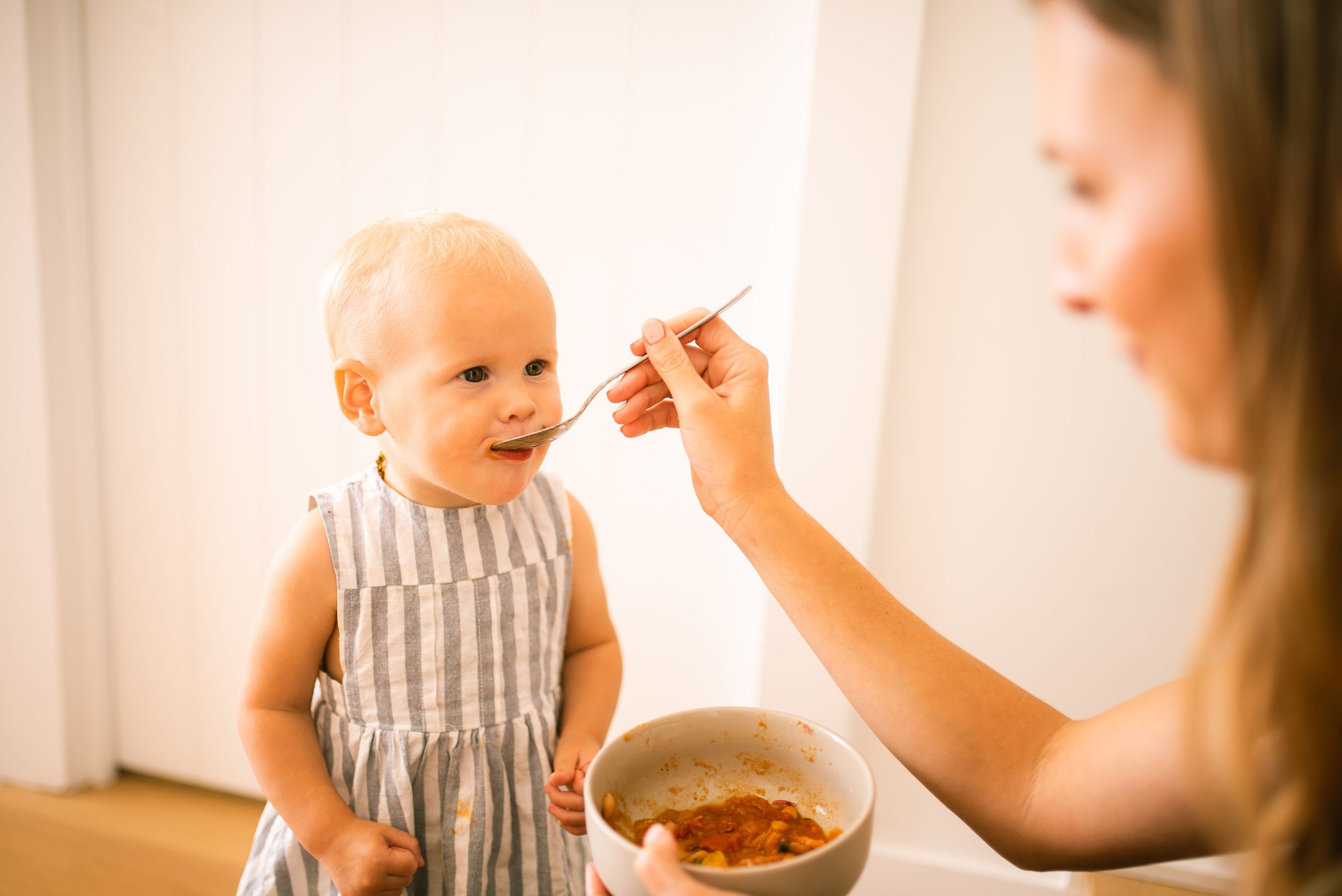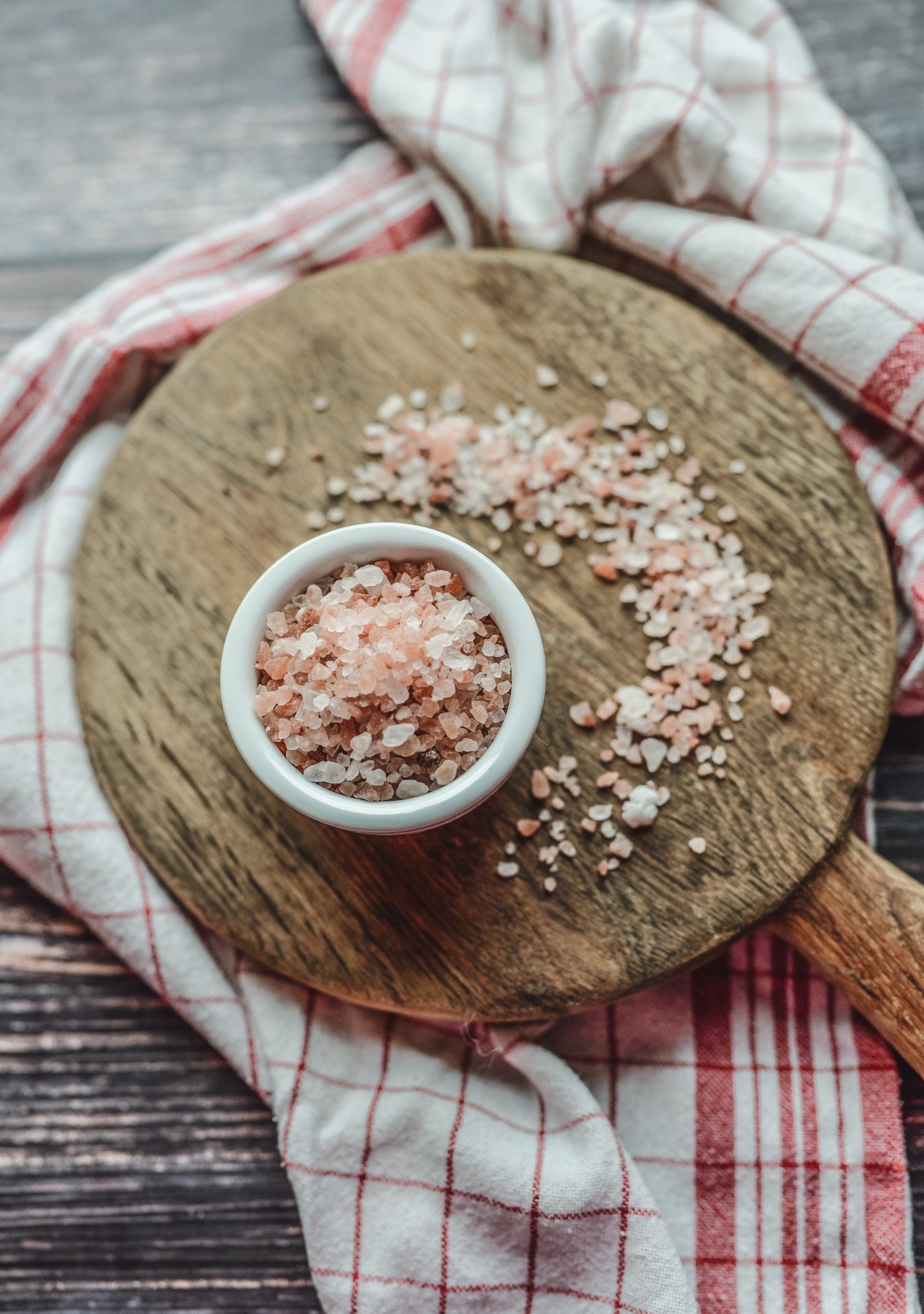While we are advocates for breastfeeding and extended breastfeeding, we also understand that this isn’t always a reality for many mothers and their babies. In Australia, by the time a baby is 3 months old, only 33% of women are exclusively breastfeeding (an obvious cry for the lack of support and ‘village’ new mothers need from our community). Despite the popularity of formula, there is not enough information or support available on what to look for if formula is required.
Many caregivers tend to purchase what the hospital provides, thinking it’s the best option. However, the hospital’s formula is generally sponsored by that formula company—which doesn’t mean it’s the best, it’s just free.
Instead, here’s what we recommend looking for when purchasing formula:
-
Buy organic if possible
-
Avoid corn syrup as an ingredient
-
Avoid palm oil
-
Avoid soy based formulas unless specifically prescribed
-
Look for the least amount of preservatives
While ALL infant formulas in Australia and NZ must comply with strict guidelines as dictated by the Food Standards Australia and New Zealand (FSANZ), some of the ingredients in formula still vary. Different things will feel like a priority to different families, and while you can rest assured that ALL infant formula in Australia will meet the nutritional requirements of your baby, here are a few brands with some additional considerations (please note, this is not a complete list and we have not reviewed every formula brand on the market)
• If organic is important to you – Holle & Sprout
• If Australian cow’s is important to you – Mumamoo
• If goat’s mllk is important to you – Holle & Little Oak
• If plant based is important to you – Sprout & Novolac Allergy
• If added DHA is important to you – Mumamoo, Little Oak, Sprout, Novolac & Holle
• If palm oil free is important to you – Little Oak, Sprout & Holle
ENRICHING FORMULA
Formula doesn’t contain the same type or levels of beneficial probiotics and prebiotics that are found in breastmilk, which support gut health and the immune system. Some formula brands will include probiotics as an ingredient. However, these beneficial bacteria require specific living conditions to survive. Due to the processing, high-heat treatments and extended shelf life, it’s unlikely that the probiotics will remain at levels that are sufficient for your child. If your baby is formula fed, you can enrich your baby’s formula with an additional probiotic.
Some formulas also do not contain DHA and/or Vitamin D3, which are additional supplements that may be required in some circumstances.
We recommend being guided to the specific strain or combination of strains that is right for your child by a qualified nutritionist or naturopath, we can help you with this in a quick 15 minute supplement consultation in our online clinic.
If you need some support with your breastfeeding journey, the ABA has an amazing FREE live chat and hotline you can speak to a lactation consultant
Disclaimer:
You don’t see formula talked about often through social media or educational platforms, because (and for good reason) discussing formula in Australia is incredibly regulated, and not able to be promoted. We want to be VERY CLEAR that this post is in no way promoted, paid, affiliated or advertised or should be seen to be promoting formula. This post has purely been designed to help you make a decision around the often very confusing ingredients found in infant formula, if you are unable to breastfeed your baby.





+ show comments
- Hide Comments
add a comment